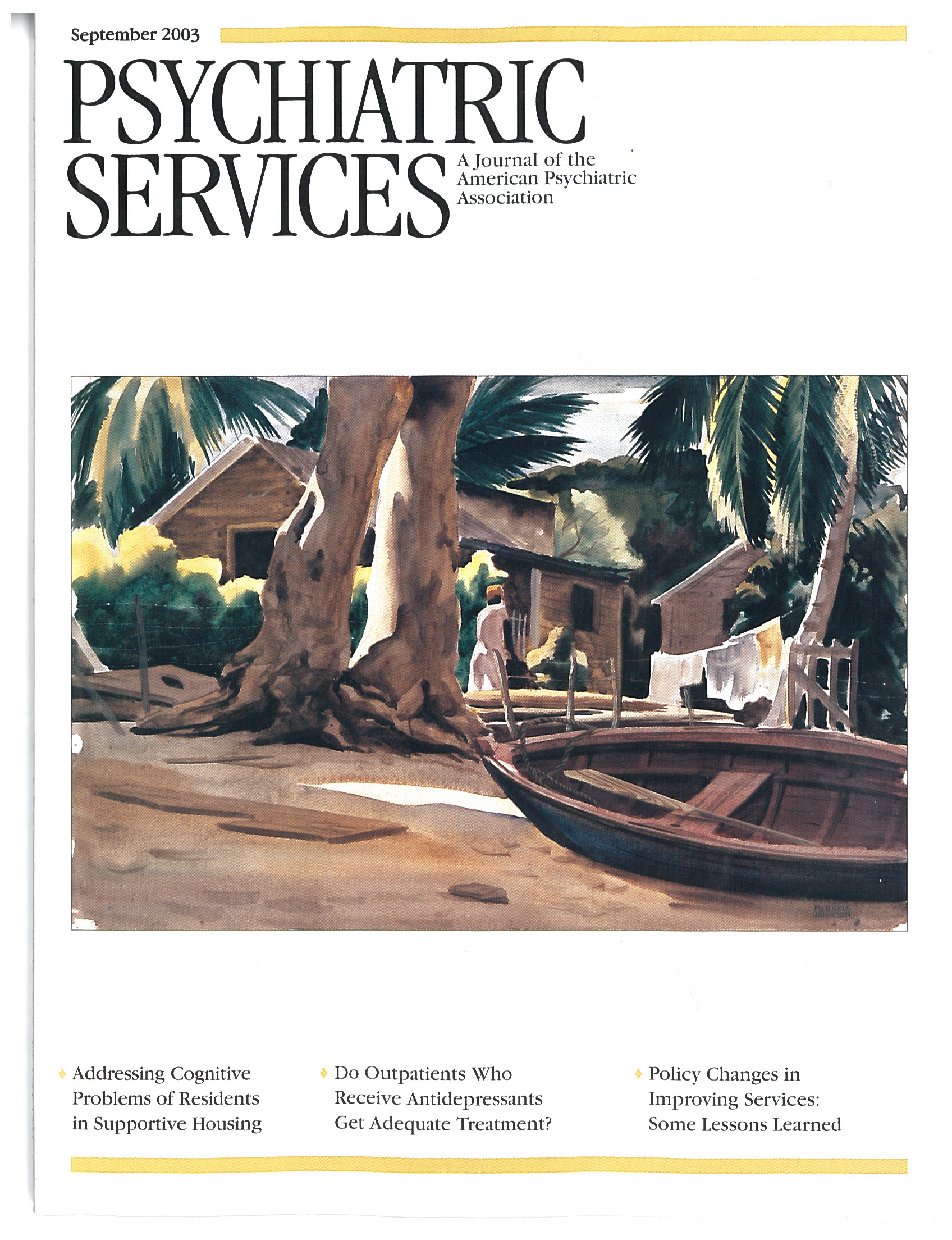Women at the Margins: Neglect, Punishment, and Resistance
Women at the Margins: Neglect, Punishment, and Resistance details the social, political, and personal journeys of women held hostage by poverty and the criminal justice system. The book's editors, Josefina Figueira-McDonough and Rosemary C. Sarri, formulate a well-constructed case examining how poor women, specifically those in prisons, are marginalized and oppressed by the very systems designed to help them.
The book is divided into five sections, each with chapters written by leaders in the fields of criminal justice, sociology, and social work. The first section examines public systems of control, such as child welfare and the correctional system, that have contributed to the oppression of poor women, especially women of color. It is argued that women who do not subscribe to the dominant family ethic are labeled as deviant for resisting prevailing social policies. Another section addresses the institutions and policies that trap women in poverty. Various authors examine how low-income women, often unskilled or semiskilled laborers with inadequate access to educational opportunities, are trapped in a cycle of poverty and control with limited prospects of achieving self-sufficiency.
A third section examines the vulnerability of specialized populations of women, specifically those who are elderly, adolescent, or substance abusing. The need for tailoring policies and services to meet the unique requirements and developmental life stages of these populations is explored. Several chapters address the role of incarcerated women as mothers and the effects that forced absences of mothers have on children. A final section highlights various forms of resistance to the status quo of oppressing and marginalizing impoverished women. Authors discuss resistance to welfare reform, the constrained constitutional and international human rights of incarcerated women, and the successes and failures of the feminist movement to empower its most vulnerable members.
One of the most compelling features of Women at the Margins is the art and reflections of women that are scattered throughout the book. These contributions remind the reader that the topic at hand is not purely academic or theoretical and that the pain and grief experienced by women trapped in poverty and prisons are all too real.
This book will be of interest to mental health professionals as it vividly describes and dissects the circumstances of many of the women they serve. It would also be a useful teaching tool for students who are preparing to enter the policy, provider, or administrative spheres of the mental health field.
In summary, the editors have achieved their stated goal to "lift the veil of obscurity that makes these women invisible to the dominant society by examining the processes and outcomes of marginalization of poor women."
Dr. Biebel is a research instructor of psychiatry at the University of Massachusetts Medical School Center for Mental Health Services Research in Worcester.



